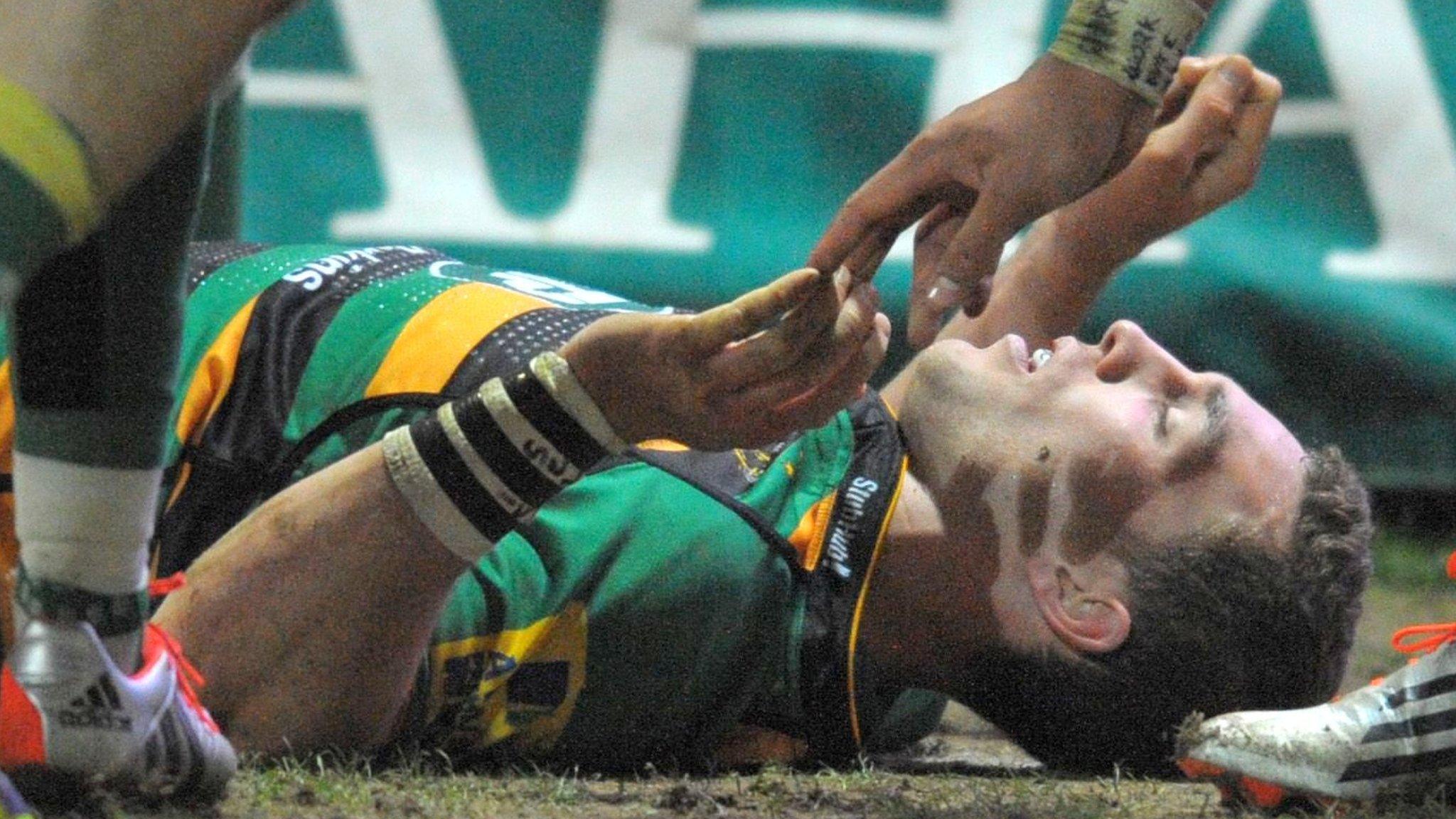Rugby concussions: RFU head of medicine defends HIA process
- Published
Archive: How can rugby tackle concussion?
The Rugby Football Union's head of medicine has defended the Head Injury Assessment process, stating 98.5% of concussions and suspected concussions were treated correctly last season.
The effectiveness of the HIA has been questioned by a number of medical figures in recent months.
Ex-World Rugby medical advisor Dr Barry O'Driscoll has said the system is "not fit for purpose".
But Dr Simon Kemp told the BBC the HIA process is protecting players.
"The numbers of players remaining on the field of play who have subsequently been diagnosed with concussion has dropped dramatically because of the HIA process," the RFU's Kemp told 5 live.
"At the recent Berlin Consensus Conference, all the elements of our Head Injury Assessment process were felt to be best-practice.
"Can we do better? Yes. We have brought in real-time video this season which will move things forward, and we are also testing an eye-screening test to see if there are other elements we can add to the Head Injury Assessment, to make it better than it is."
Concussion: How Premiership is tackling concussion
As well as O'Driscoll, former Ireland team doctor Cliff Beirne has also raised concerns, saying, external the current HIA protocols are "concerning" and should be left to independent medical professionals.
Any player who has suffered a suspected concussion must undergo the HIA, a series of cognitive, balance and memory tests, to ascertain whether they are fit to continue.
But under World Rugby guidelines a player who has suffered loss of consciousness or suspected loss of consciousness must be permanently removed from the field of play.
This season Northampton were found to have breached concussion protocols by allowing George North to return to the field after suffering a suspected loss of consciousness, while Sale and Munster are currently under investigation for their management of TJ Ioane and Conor Murray respectively.
"Last season we didn't have any episodes that went to independent review, this season we have had two," Kemp added.
"But we still have 98.5% of all head injury assessments being conducted according to protocol, which is encouraging."
The English professional game released on Wednesday the annual injury audit, which showed concussion accounted for 25% of all match injuries in the 2015-2016 season, a rise from 17% the year before.
"I think it is an inevitable consequence of our education programme, the development of the Head Injury Assessment process and the independent real-time video review from last season," Kemp explained.
"I think what we are seeing is reported concussion moving up to a level they probably always were."
Independent doctors
Meanwhile Premiership Rugby has told the BBC it is open to the concept of using independent doctors to assess players who have suffered a head injury.
It is understood European Cup organisers EPCR is looking to introduce independent medical figures for the quarter-final stages of this year's tournaments.
Such a move would eliminate any suggestions of a "conflict of interest" when it comes to treating players.
"Anything that advances player welfare we will look at," Premiership Rugby's head of rugby operations Corin Palmer told BBC 5 live.
"When it comes to welfare, everything will be looked at, and costs and logistics and delivery will all be factored in."
Impact of new tackle rules
At the start of January, World Rugby formally introduced new tackle guidelines in a bid to improve player safety, imposing harsher sanctions for making contact with the head.
Dr Kemp expects the changes to help limit danger to the ball carrier, but feels further measures are needed to protect the tackler.
The injury audit found 45% of all match injuries were sustained in the tackle, with concussion comprising 20% of all injuries to the ball carrier, but 47% of all injuries to the tackler.
"We would absolutely welcome them [the new tackle guidelines] in terms of managing the risk to the ball carrier," Kemp said.
"I think there is more thought and more initiatives that will need to come to consider the risks to the tackler, which is unlikely to be solely a law application issue.
"Thinking about tackle technique and ensuring tackle technique is performance-optimised while reducing the risk of head contact to the tackler, is something the game needs to work more on.
"We look forward to working with coaches, referees and World Rugby on thinking about initiatives to reduce the risk of head injuries to the tackler."
Listen to 5 live Rugby on Thursday evening from 8pm as we consider how high tackles could influence the Six Nations championship. You'll hear from England head coach Eddie Jones, top referee Wayne Barnes and a host of others as we ask if rugby union will ever be the same again?
- Published18 January 2017
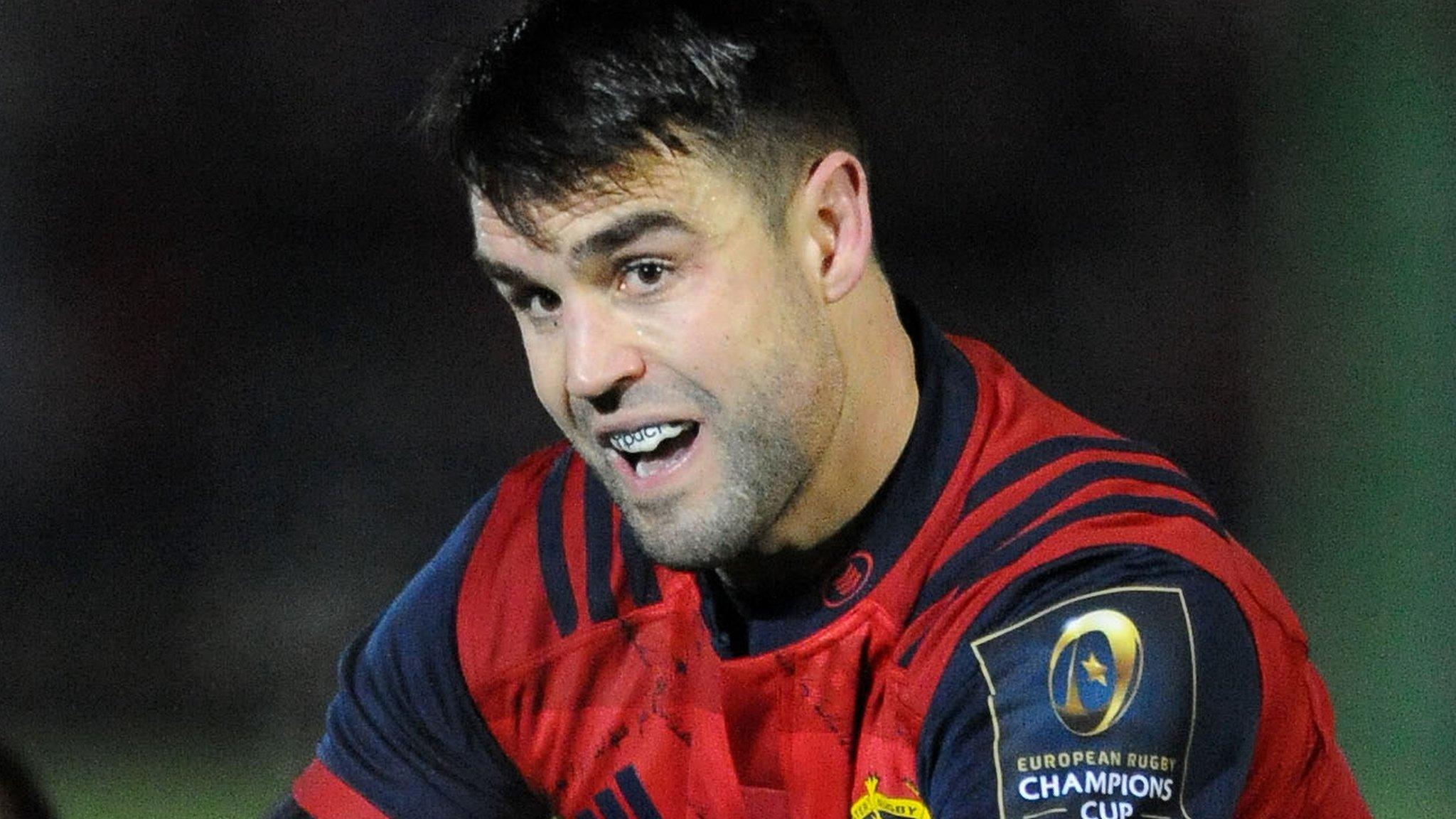
- Published13 January 2017
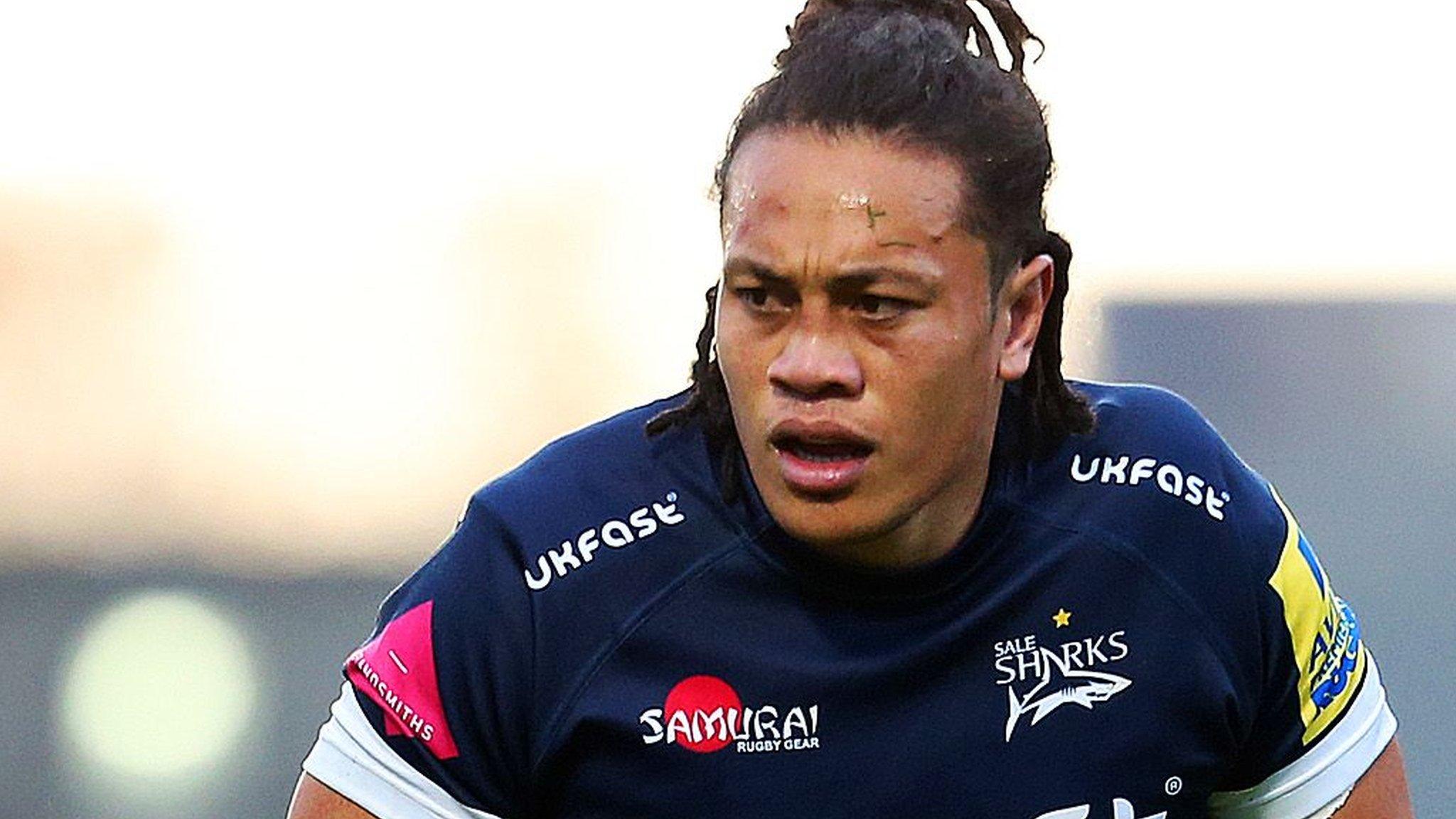
- Published22 December 2016
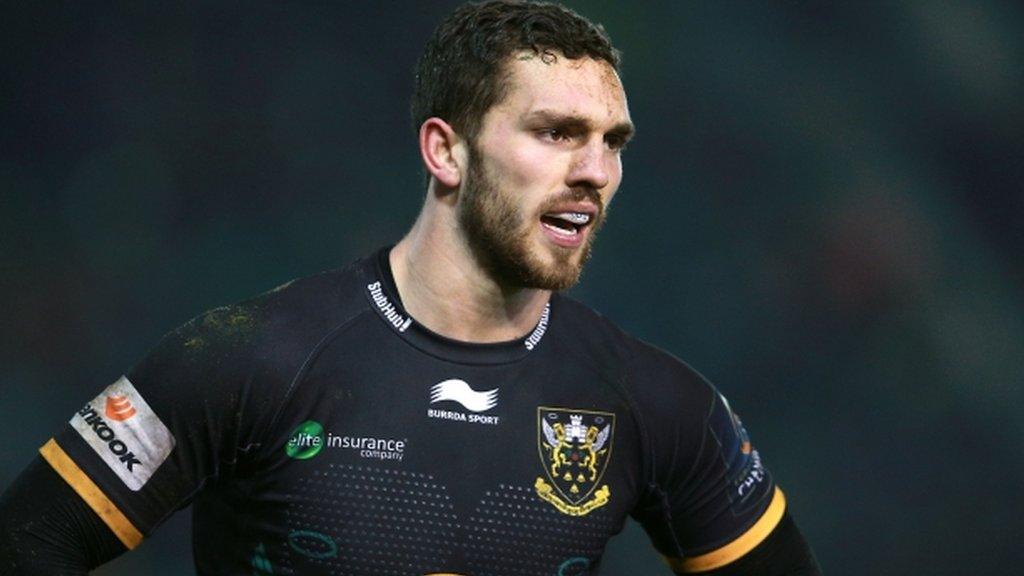
- Published21 December 2016
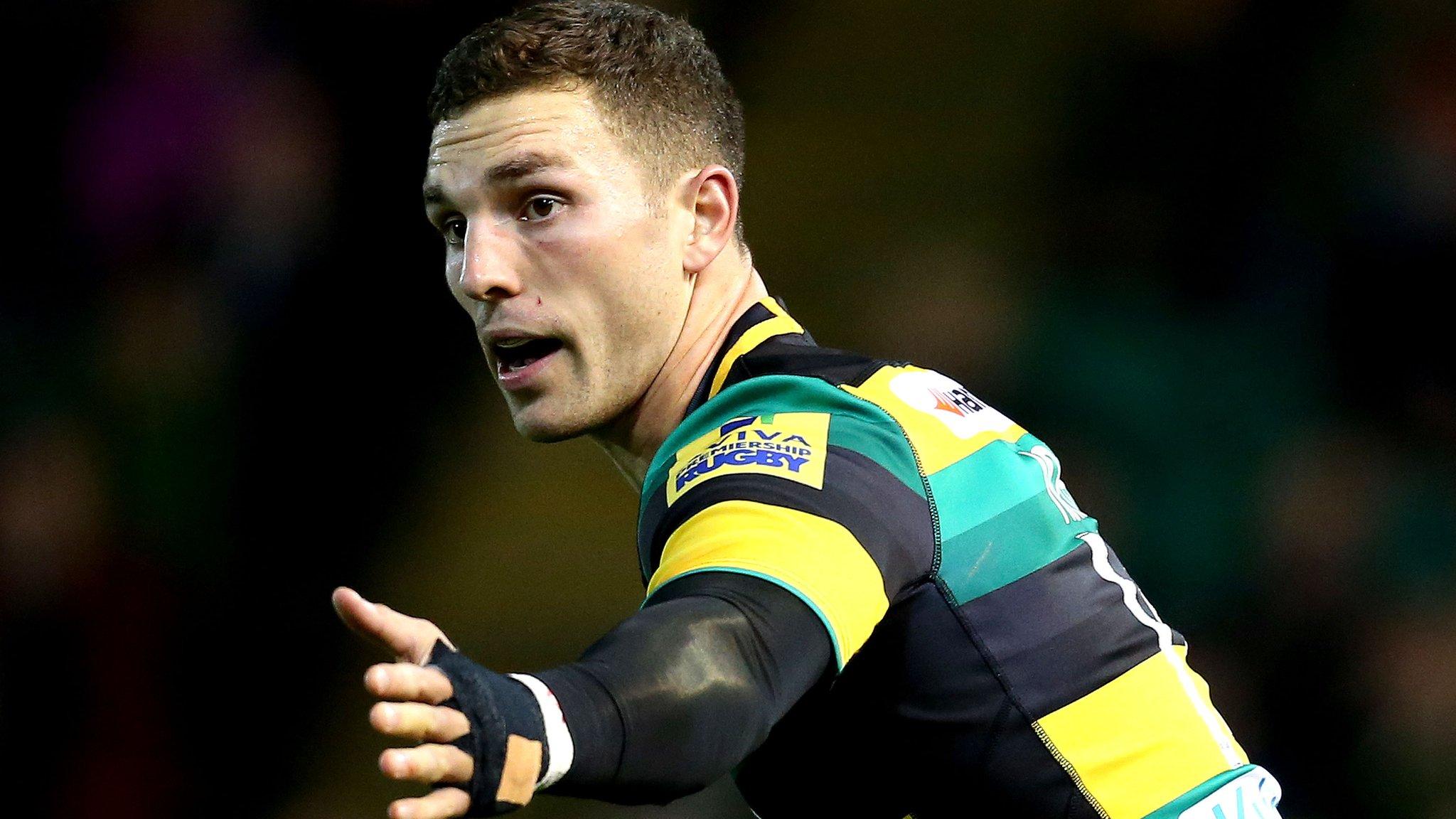
- Published18 January 2017

- Published14 October 2016
